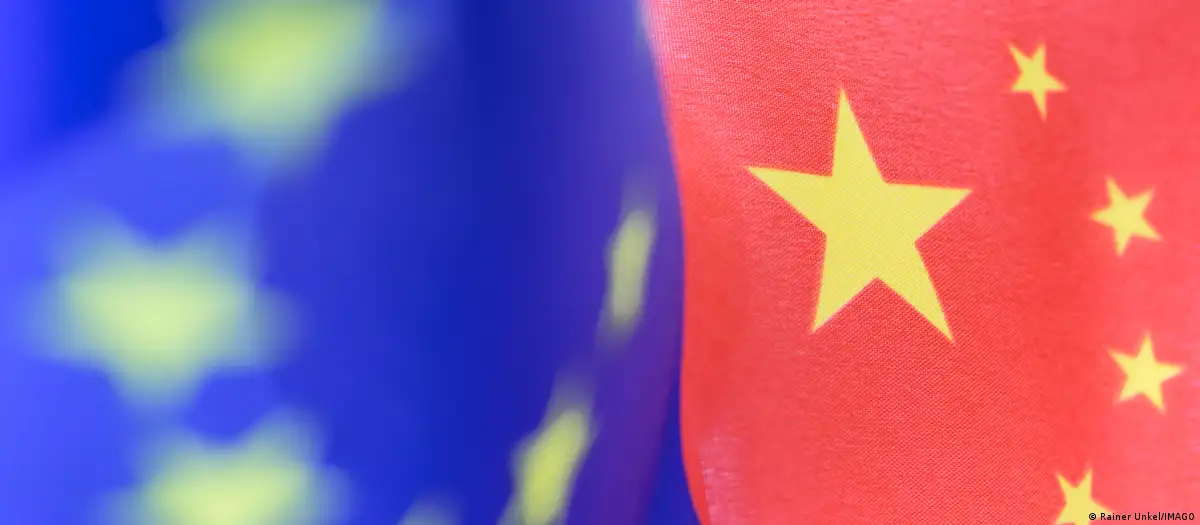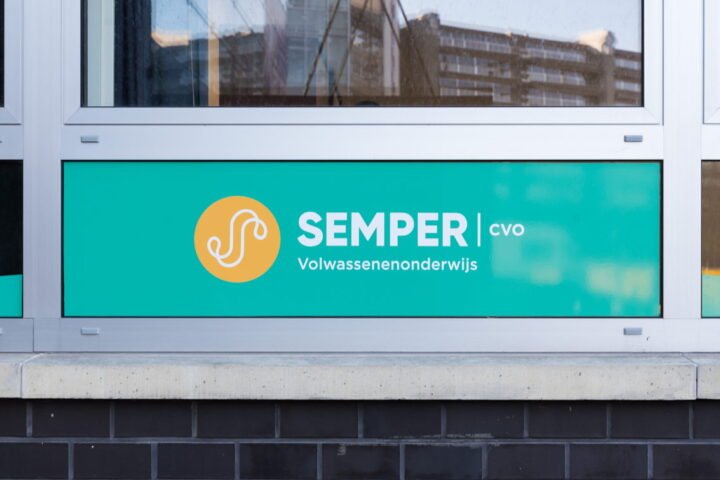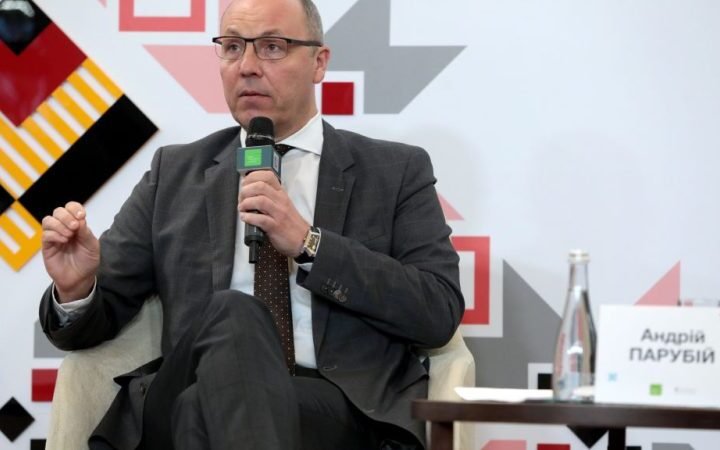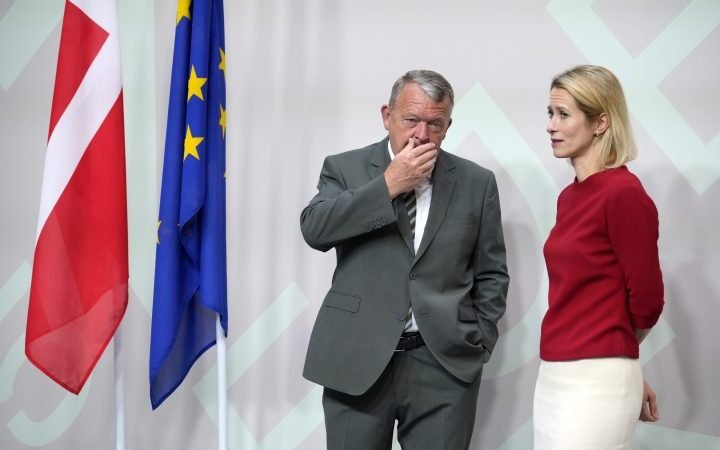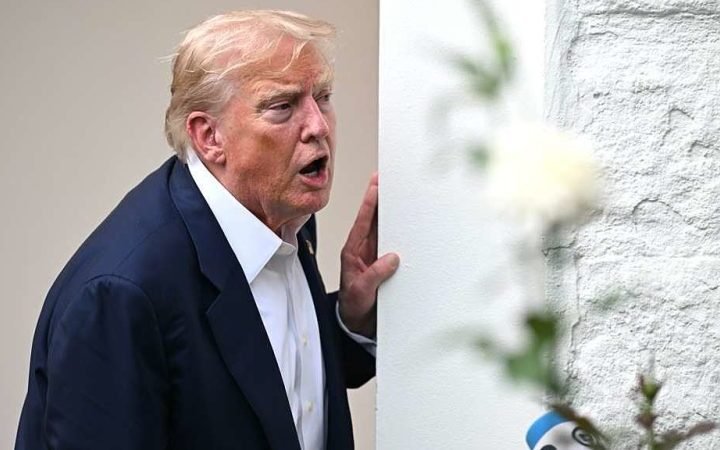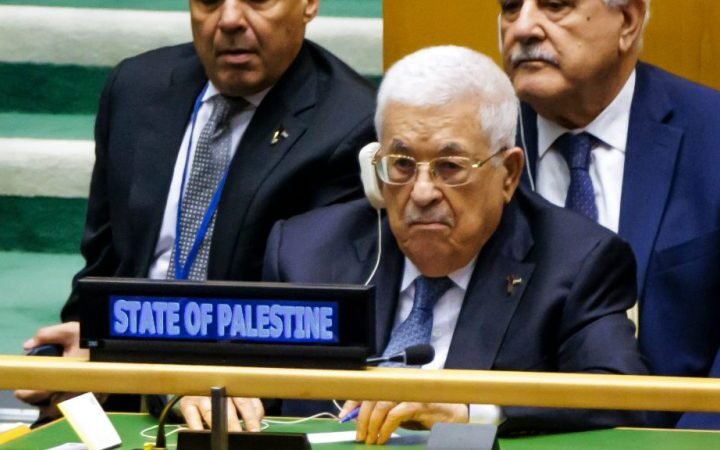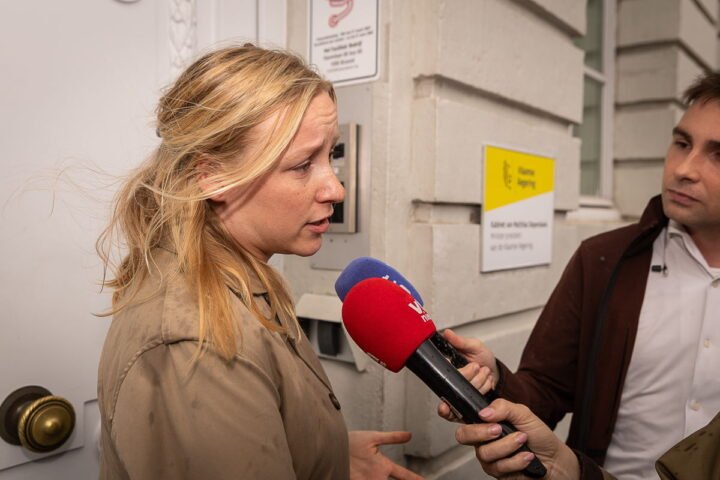Brussels has previously looked into Beijing’s support for domestically produced trains, solar panels and electric cars. The EU also wants to reduce its dependence on Chinese technology.
Beijing’s Ministry of Commerce said Wednesday it is launching a probe into European policies amid an antisubsidy investigation into Chinese companies.
“The Ministry of Commerce will conduct a trade and investment barrier investigation into the relevant practices adopted by the EU in its investigation of Chinese enterprises,” the ministry said on its website.
The investigation, which will run until at least January 2025, comes after a complaint made by the national Chamber of Commerce for importing and exporting machinery and electronics. The inquiry will focus on the EU’s practices in its investigations of Chinese companies under the Regulation on Foreign Subsidies Distorting the Internal Market of the European Union.
A statement from Beijing said its probe will look into the impact of EU measures on specific sectors, including “products such as railway locomotives, photovoltaics, wind power and security inspection equipment.”
EU-China trade tensions
Trade tensions between China and the 27-nation bloc have recently escalated. Last month, Beijing warned that friction with the EU over electric vehicle imports could trigger a trade war.
Last year, the European Commission concluded that Chinese state subsidies for its EV industry were unfairly undermining European rivals.
As a result, theEU placed provisional duties of up to 38% on Chinese EV imports, despite an outcry from manufacturers and Chinese business groups.
In January, Brussels announced several measures aimed at keeping sensitive technology and key infrastructure out of the hands of global rivals, notably China.
The new restrictions require more rigorous screening of investments from abroad, tighter controls on exports and more regulation on who can participate in researching key technologies.
